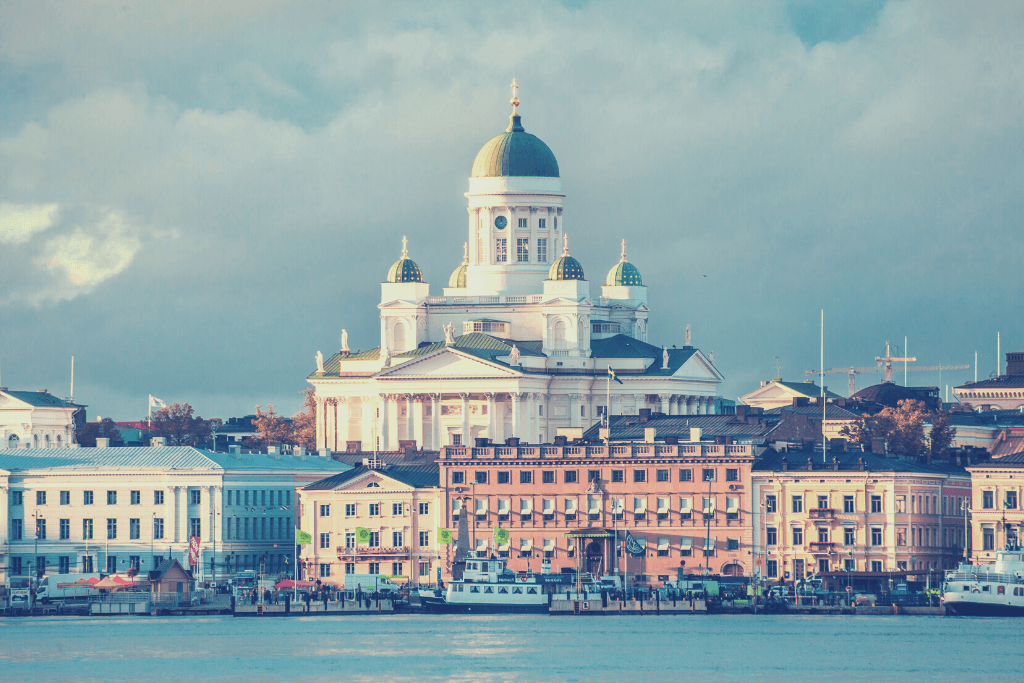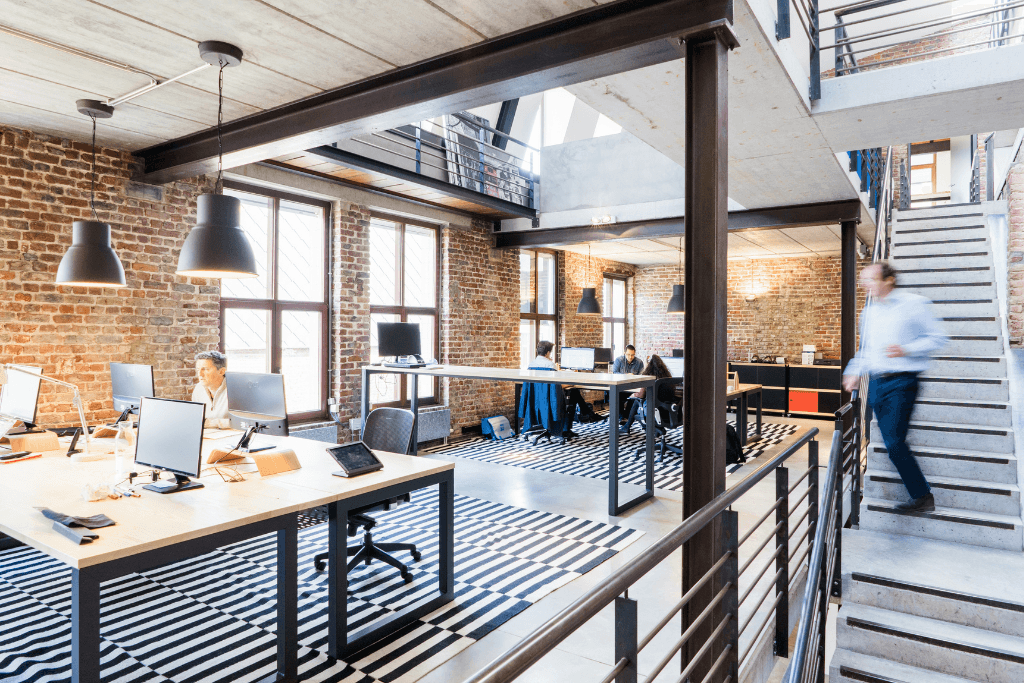With internet access reaching the farthest corners of the world, a new kind of industrial revolution is reforming the work as we know it. As of 2019, more than 26 million workers in the United States alone – comprising 16 percent of the overall workforce – telecommuted to their jobs.
Psychologists think remote working can be rewarding, as those who work at least partially remotely reported higher levels of happiness and job satisfaction. As an increasing number of companies are aware of these benefits, many of them are opening up to the idea of accommodating flexible arrangements for their employees to telecommute.
The Office Dilemma for Industry 4.0
When done right, remote work also elevates #8 of the United Nations Sustainable Development Goals, which focuses on improving the labor conditions around the world. According to the International Labor Organization, a flexible arrangement can boost health and wellbeing, gender equality, and can democratize labor. Women and disable people in particular are afforded more opportunities to engage in the labor force with flexible, remote working arrangements.
All these benefits factored, the rise of remote labor is unlikely to stop anytime soon. Yet, the proliferation of telecommuters posits an inevitable question: As the remote work is rising, will traditional offices become irrelevant and obsolete?
According to one survey, 66 percent of the responders believed offices would disappear by 2030. However, the reality is often more complicated than bivariate answers.
Offices Are Dead; Long Live the Offices
Ancient Romans had the first offices of history. However, it wasn’t until the 18th century when the offices started to take their modern shapes, after the British Empire built the Old Admiralty Office in London. It boasted ornate rooms and tables where lords and ladies gathered to make decisions about the Empire.
Fast forward to 2020, offices in the most traditional sense are arguably already obsolete. If the British Empire was still alive, its rulers might have participated in a video conference instead of traveling to the Old Admiralty Office from different parts of the Empire.
However, the evolutions in labor and management don’t mean the need for offices is obsolete too. Today’s workers, who favor flexibility and independence, need a different kind of office that will provide solutions to meet the requirements of the changing conditions.
Rise of the Non-office Office
Despite the manifold benefits of remote work, there are some dark sides to it too: Disconnection and social isolation can take a toll on workers’ mental health and dampen the team spirit. Without the aid of body language, miscommunications can happen. All the accelerating technologies still aren’t able to substitute the synergy that a face-to-face meeting can yield. At the same time, rigid schedules and working in a drab cubicle under the harsh fluorescent light makes them unhappy and less productive.
Thus, the offices today have to find the middle way: An inviting and tastefully decorated environment with diverse seating options, pleasant natural light, and leisure areas are increasingly common features of today’s offices. Moving on from rigid schedules, employees have a strong preference to set their own hours and access this supportive and relaxed environment on their own terms.
In short, workers want an office that doesn’t feel like an office and can smoothly blend with their flexible lives.
Making the Work Work for Employees
No matter how technologies evolve, there’ll always be a need for a meeting place for great minds to come together, spark debates, and make an impact. However, these places need to keep innovating and tap into the right technological solutions to stay relevant.
And even with these technological advancements, new types of contractual arrangements that guarantee a sufficient level of workers protection will be needed to support SDG 8. For the future-forward companies of 2020, offices aren’t places where they cram their employees to get some work done, but corporate community centers for staff to exchange ideas to propel everyone further.







